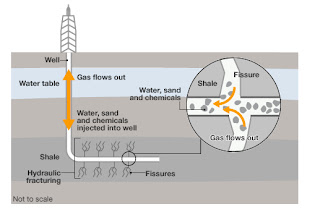Bridging the Gap
In this post, I thought I would take a
quick look at one of the driving forces behind the changing face of Britain’s
power; the energy gap.
What is the Energy Gap?
It has been realized for several years now
that the country is about to face a ‘gap’ in our energy supply.
The gap would mean an insufficient supply of energy with Ofgem (an industry
regulator) suggesting more blackouts by 2015.
What is Causing it?
This gap will be (and has been) created by
the closure of old power stations. It is expected that 6 coal power stations, 3
oil power stations and 4 nuclear power stations will be closed by 2016.
Power station closures are caused by stations coming to the end of their
lifespans or failure to meet recently implemented clean air regulations such as
the Large Combustion Plant Directive.
The energy gap is also being widened by the dwindling oil and gas reserves in the North sea. Figure 1 below was taken from a DECC report and outlines the decline in gas production from 2000 to 2012, along with the increased level of gas imports.
 |
| Figure 1 - Chart showing UK gas production and imports/exports from 2000-2012 |
 |
| Figure 2 - Graph showing the energy consumption percentage by fuel from 1970 - 2012 |
How do we plug it?
That is up to us. Many bodies involved in
the problem, such as EDF, suggest a mixed approach. This would involve the use of a combination of energy
types to power our country. EDF have a nice summary of this approach on their website.
For me, the mixed approach seems like a
good idea as I feel we don’t want to lay all our eggs in one basket so to
speak. The decline in our current ways of producing energy will need to be
buffered by many different methods, not just one. Apologies if this has been a
heavy, stats driven post, I’ll leave you with a cartoon about Obama’s approach to the
situation which I feel illustrates the issue nicely. Thanks for reading and as
usual any comments are welcome.

